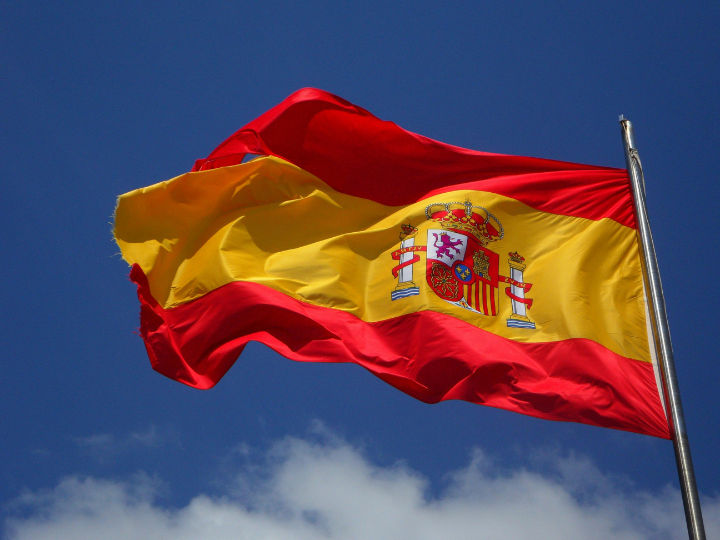by Fernando Heller
Supreme Court judge Susana Polo agreed on Tuesday to close the case against several defendants in the so-called “Democratic Tsunami” case, in which Spanish courts investigated whether violent demonstrations by Catalan separatist groups following the conviction of several people responsible for orchestrating the 2017 secession attempt were acts of terrorism.
One of the cases on which the investigation focused was the blockade of Barcelona airport runways by pro-Puigdemont separatist groups in 2019, which blocked air traffic for several hours.
Polo made her decision after another judge had previously suspended the criminal proceedings for this case at the Spanish National High Court (Audencia Nacional) in an investigation that has been ongoing since 29 July 2021 due to a mistake regarding the timeframe in an extension of the proceedings, Euractiv’s partner EFE reported.
Polo pointed out on Tuesday that Puigdemont was not under investigation before that date, “which prevents the proceedings from continuing through the formalities of the procedure (…)” before the Supreme Court.
The closure of this investigation came on the same day that another judge in Spain refused to apply a controversial amnesty law to Puigdemont in a case investigating alleged Russian interference in the Catalan independence process between 2012 and 2023, the period covered by the amnesty law.
Puigdemont, leader of the right-wing separatist party JxCat, was president of the Catalan regional government at the time of the region’s illegal unilateral declaration of independence. After that, he fled from Spanish justice to Belgium.
However, the separatist leader recently reassured that, despite all the legal proceedings against him, he would be able to return to Spain without fear of arrest to take part in a hypothetical inauguration ceremony as regional president, as JxCat was the second largest party after the Catalan Socialist Party (PSC) in last May’s snap regional elections.
Meanwhile, PSC leader and former health minister Salvador Illa is negotiating against the clock with other regional parties, particularly the left-wing separatist Republican Left of Catalonia (ERC), to try to form a stable government before the end of August and avoid a repeat of the elections.
*first published in: Euractiv.com




 By: N. Peter Kramer
By: N. Peter Kramer
